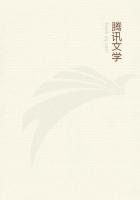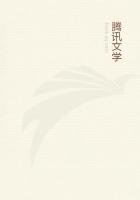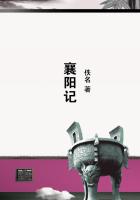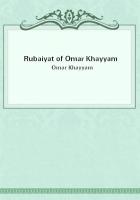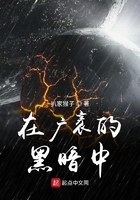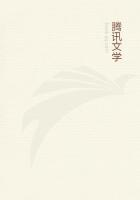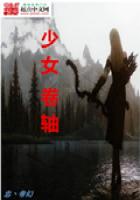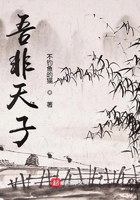(46) i.e. the snake; as in "Works and Days" l. 524, the "Boneless One" is the cuttle-fish.
(47) c. 1110-1180 A.D. His chief work was a poem, "Chiliades", in accentual verse of nearly 13,000 lines.
(48) According to this account Iphigeneia was carried by Artemis to the Taurie Chersonnese (the Crimea). The Tauri (Herodotus iv. 103) identified their maiden-goddess with Iphigeneia; but Euripides ("Iphigeneia in Tauris") makes her merely priestess of the goddess.
(49) Of Alexandria. He lived in the 5th century, and compiled a Greek Lexicon.
(50) For his murder Minos exacted a yearly tribute of boys and girls, to be devoured by the Minotaur, from the Athenians.
(51) Of Naucratis. His "Deipnosophistae" ("Dons at Dinner") is an encyclopaedia of miscellaneous topics in the form of a dialogue. His date is c. 230 A.D.
(52) There is a fancied connection between LAAS (`stone') and LAOS (`people'). The reference is to the stones which Deucalion and Pyrrha transformed into men and women after the Flood.
(53) Eustathius identifies Ileus with Oileus, father of Aias.
Here again is fanciful etymology, ILEUS being similar to ILEOS (complaisant, gracious).
(54) Imitated by Vergil, "Aeneid" vii. 808, describing Camilla.
(55) c. 600 A.D., a lecturer and grammarian of Constantinople.
(56) Priest of Apollo, and, according to Homer, discoverer of wine. Maronea in Thrace is said to have been called after him.
(57) The crow was originally white, but was turned black by Apollo in his anger at the news brought by the bird.
(58) A philosopher of Athens under Hadrian and Antonius. He became a Christian and wrote a defence of the Christians addressed to Antoninus Pius.
(59) Zeus slew Asclepus (fr. 90) because of his success as a healer, and Apollo in revenge killed the Cyclopes (fr. 64).
In punishment Apollo was forced to serve Admetus as herdsman. (Cp. Euripides, "Alcestis", 1-8)(60) For Cyrene and Aristaeus, cp. Vergil, "Georgics", iv. 315ff.
(61) A writer on mythology of uncertain date.
(62) In Epirus. The oracle was first consulted by Deucalion and Pyrrha after the Flood. Later writers say that the god responded in the rustling of leaves in the oaks for which the place was famous.
(63) The fragment is part of a leaf from a papyrus book of the 4th century A.D.
(64) According to Homer and later writers Meleager wasted away when his mother Althea burned the brand on which his life depended, because he had slain her brothers in the dispute for the hide of the Calydonian boar. (Cp. Bacchylides, "Ode" v. 136 ff.)(65) The fragment probably belongs to the "Catalogues" proper rather than to the Eoiae; but, as its position is uncertain, it may conveniently be associated with Frags. 99A and the "Shield of Heracles".
(66) Most of the smaller restorations appear in the original publication, but the larger are new: these last are highly conjectual, there being no definite clue to the general sense.
(67) Alcmaon (who took part in the second of the two heroic Theban expeditions) is perhaps mentioned only incidentally as the son of Amphiaraus, who seems to be clearly indicated in ll. 7-8, and whose story occupies ll. 5-10. At l. 11 the subject changes and Electryon is introduced as father of Alcmena.
(68) The association of ll. 1-16 with ll. 17-24 is presumed from the apparent mention of Erichthonius in l. 19. A new section must then begin at l. 21. See "Ox. Pap." pt. xi. p.
55 (and for restoration of ll. 5-16, ib. p. 53). ll. 19-20are restored by the Translator.

